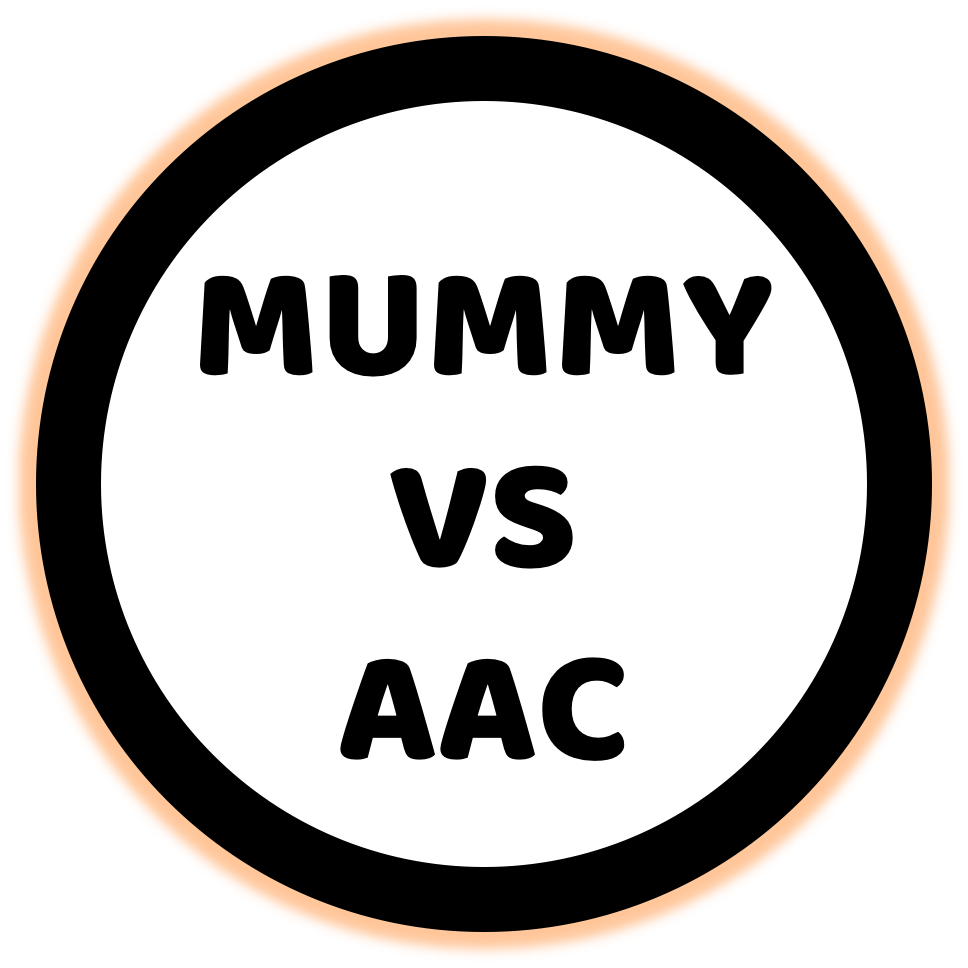You won’t explore far in the world of AAC without coming across Core Vocabulary. The Core Vocabulary Approach is based on the fact that most of our communication is based on very few words. Crucially most of these words are NOT nouns (words that name things; book, cup, chair) but pronouns (I, me, you) verbs (stop, go, look) adjectives (describing words; good, fun, yucky) and prepositions (location words, in, out, on).
Using a Core Vocabulary approach means modelling, learning and using words that can be used across a lot of situations. Think about having a simple board of words prepared for playing with bubbles. One has more, stop, look and the other has bubbles, blow, pop. The one with bubbles, blow and pop is only useful when you’re playing with bubbles but the one with more, stop and look can be used for bubbles, building, reading, splashing in the bath or mealtimes.
If you’re a patent looking to implement AAC try to get advice from a therapist who is familiar with the Core Vocabulary Approach, not all therapists will be and this will depend on experience of AAC and possibly when they qualified.
With Noodle I’ve found using a core vocabulary approach really helpful and I’ve found that having these words on any communication system she uses has been so valuable. They fit in a lot better with her non-verbal communication behaviour and give me much more chance to model language. She often taps on things she wants more of (e.g. when we’ve finished a book she’ll tap on it to look again) and this is a great opportunity to show her ‘more’, ‘look’ or ‘again’ on her iPad or communication board.
Check out this great blog post by Carole Zangari for more information:
I’ve also found this great page with more information and research about core vocabulary:
http://corevocabulary.weebly.com
Note: This way of understanding the words ‘core vocabulary’ is specific to AAC. There are other core vocabulary approaches notably one which is used to support children with difficulties with pronunciation. The term ‘core words’ is also used to refer to literacy skills and development and in this context means reading common writer words. When you’re searching online make sure you’re looking at the right one.


No responses yet